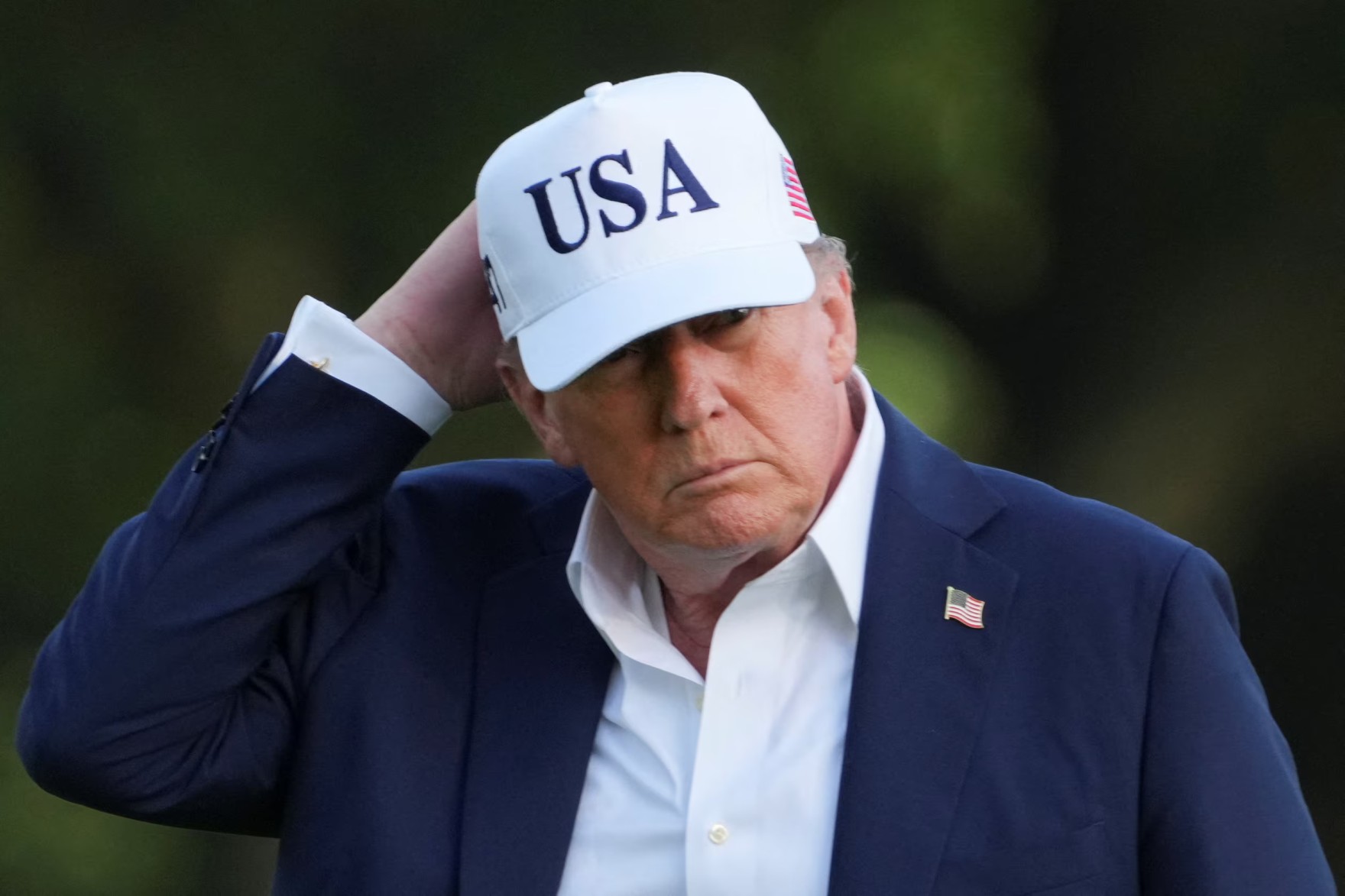Trump's Tariff Tsunami: Impact on Global Markets
Global stocks tumbled after President Donald Trump intensified tariffs against Canada, with the ripple effects hitting Europe. Tariff uncertainties continue to unsettle markets as investors shift towards safe havens like gold, while the U.S. dollar sees mixed movements amid ongoing trade negotiations with global allies.

Global stock markets witnessed a downturn on Friday, influenced by U.S. President Donald Trump's escalation of tariff measures against Canada, which placed Europe in jeopardy. This move guided investors towards safer assets such as gold. The Canadian dollar plummeted following Trump's announcement of a 35% tariff on all Canadian imports starting August 1. Concurrently, the European Union was expected to receive a similar notice shortly.
Further complicating international business climates, Trump proposed blanket tariffs of 15% to 20% on various nations, a significant hike from the customary 10% baseline rate. This broad tariff extension shook countries like Brazil, which now faces a hefty 50% tariff, impacting industries such as copper, pharmaceuticals, and semiconductors. Despite isolated volatility in particular currency and commodity sectors, the overall market response has been subdued, maintaining the VIX volatility index at its lowest since February.
In Europe, the STOXX 600 index, after rising 2% this week, fell by 0.8%. Futures on the S&P 500 and Nasdaq fell by 0.4% to 0.5%, indicating a reduction from recent record highs. City Index strategist Fiona Cincotta noted that the market might not react until concrete data emerges. Meanwhile, the U.S. dollar experienced slight strengthening against major currencies, further influenced by Trump's postponement of tariff deadlines in an attempt to negotiate with global trade partners.
(With inputs from agencies.)
- READ MORE ON:
- Trump
- tariffs
- global markets
- Canada
- Europe
- trade war
- stocks
- gold
- safe havens
- U.S. economy










